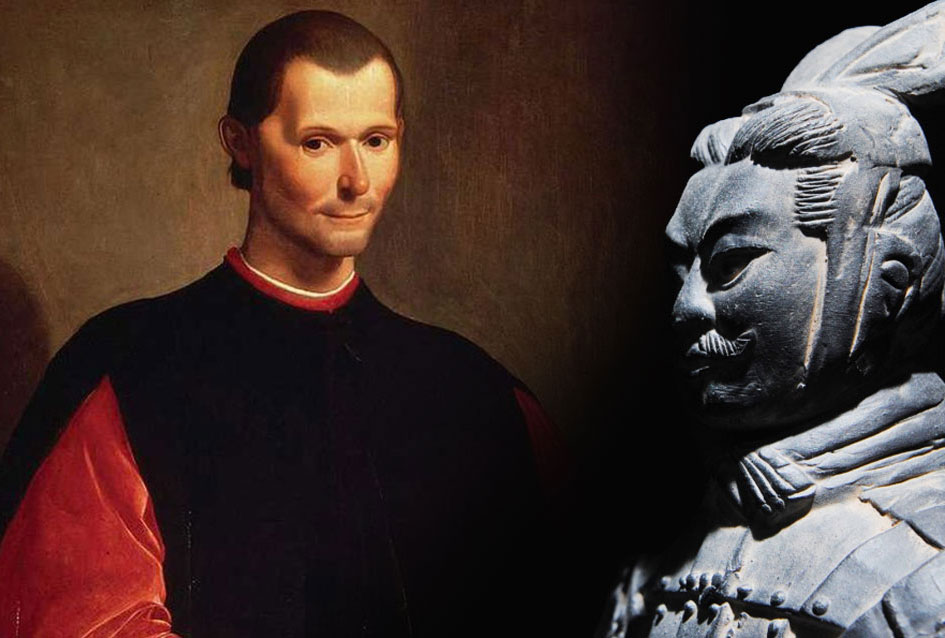Zooming to a Brighter Future
Published in Los Angeles Daily Journal
Several evenings earlier this month, Jews around the world gathered for traditional seders — ceremonial dinners and services marking the commencement of the weeklong Passover holiday. At seders, the youngest in attendance asks four proscribed questions opening a dialog recounting the historical Exodus story and beginning a thoughtful discussion of its modern implications. The Exodus story relates the liberation of the Jewish people from enslavement in Egypt or mitzrayim, literally translated as “the narrow place.”














